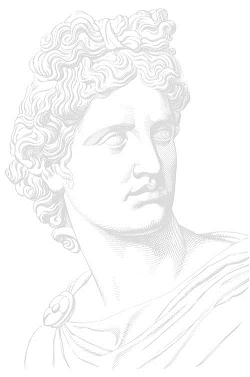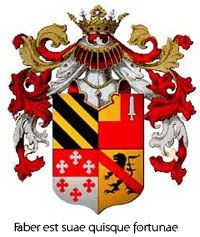Song & Lyrical Copyrights Registered
International Copyrights
Copyright protection of your work in other countries is governed by the laws of the particular country in question. If a country has signed and ratified the Berne Treaty then the principles of the treaty will be applied as well.
The Berne treaty is an international treaty that outlines the basic copyrights that all signatory nations will abide by.
The main points are:
- works created in a foreign nation will be treated as if created domestically.
- all artists have the exclusive right to authorize translations, reproduction, performance, and adaptation of their works.
- all artists have the right of integrity and attribution.
The terms of agreement as set out in the Berne Treaty state that copyright for all original creative works set in a fixed medium are automatic and the protection should last for a minimum of 50 years after the author's death. (Excluding photographic and cinematographic works).
Under the Berne Treaty music and sound recordings are protected both nationally and internationally, through copyright and related-rights (or "neighbouring rights") laws in most countries, and a series of international treaties that ensure that creative people and companies are protected in countries other than their own.
National treatment: Under Berne, an author's rights are respected in another country as though the author were a national (citizen) of that country For example; works by U.S. authors are protected by French copyright in France, and vice versa, because both the U.S. and France are signatories to Berne.
The Berne Convention requires that the national law of each member state automatically extends minimum standards of copyright protection to nationals of all other member states.
Most Western European countries, and the USA and Russia, are now signatories of the Berne Convention. Under this agreement, you do not have to mark your work in any way for automatic protection to apply. However, despite marking your work not being a requirement of the Berne Convention, it is sensible to mark your work with the international © symbol, followed by the name of the copyright owner and year in which the work was created. In this way you can be identified as the copyright owner of the work and a person who wishes to use the work can contact you as well as broadly calculate whether the work remains in copyright.
The USA has an official register of copyright works, although registration is not actually needed to qualify for copyright protection in the USA (or indeed any country that is a signatory of the Berne Convention). However if you do register your work you will be entitled to enhanced protection in the USA.
Protection abroad can also arise from obligations in the Trade-Related Aspects of Intellectual Property Rights (TRIPS) agreement. This forms part of the World Trade Organisation (WTO) agreement and may protect your work automatically. Details of the TRIPS agreement and a list of these countries are on their website.
A list of all countries we currently serve:
The Berne Convention covers 178 of the (approximately) 193 countries in the world, including most major nations.
Check to see if your country is included.
Countries which are signed up to the convention are compelled to offer the same protection to works created in other signatory nations as they would to works created in their own. Nations not signed up to the Berne Convention may have their own arrangements regarding copyright protection.
|
|
|
Safeguarding Personal Information:
Protecting your privacy is important to us. We do not share, sell or exchange names email addresses or any other personally identifying information about our members or clients to any other organisation or agency.
Please Read
The information that you disclose to Songrite Copyright Registration Office as a member or a postal client, is stored on our servers in a password-protected, personal account. To ensure maximum security, we use Secure Sockets Layer (SSL) technology and data encryption software, to provide secure communication over the Internet. The SSL is engaged during any interaction in which you enter personal information. All information is stored behind a secure computer firewall, a barrier that prevents outsiders from accessing our servers. Privacy:
Please read:
The information contained within this site is offered as a consideration to visitors and at no time should the information be construed as legal advice; for all legal matters, we encourage our clients to seek the assistance of an attorney. The Copyright Office is not responsible for policing, or checking on registered works and their use, and cannot guarantee that the legitimacy of ownership or originality in a work registered by Songrite will never be questioned.
Songrite Copyright Registration Office -copyrighting songs, music and lyrics.

Copyright © 2024 Songrite Copyright Office - Song Copyrights - Music Copyrights - Lyric Copyrights.
